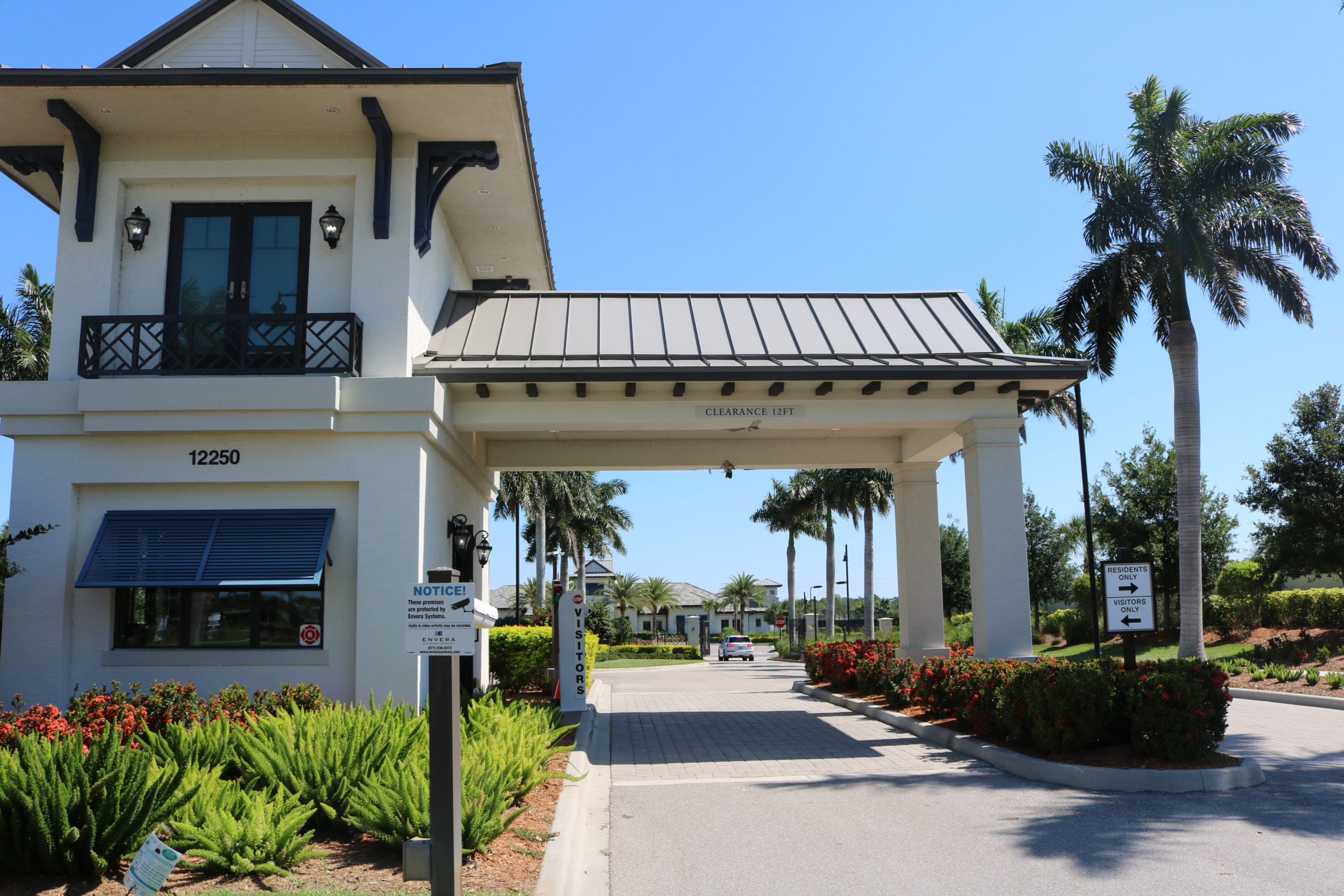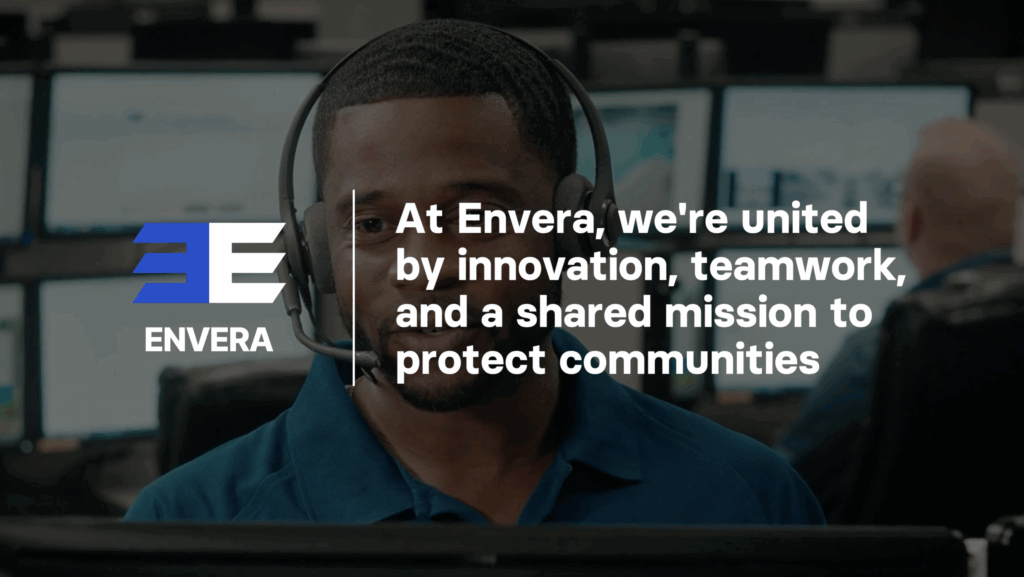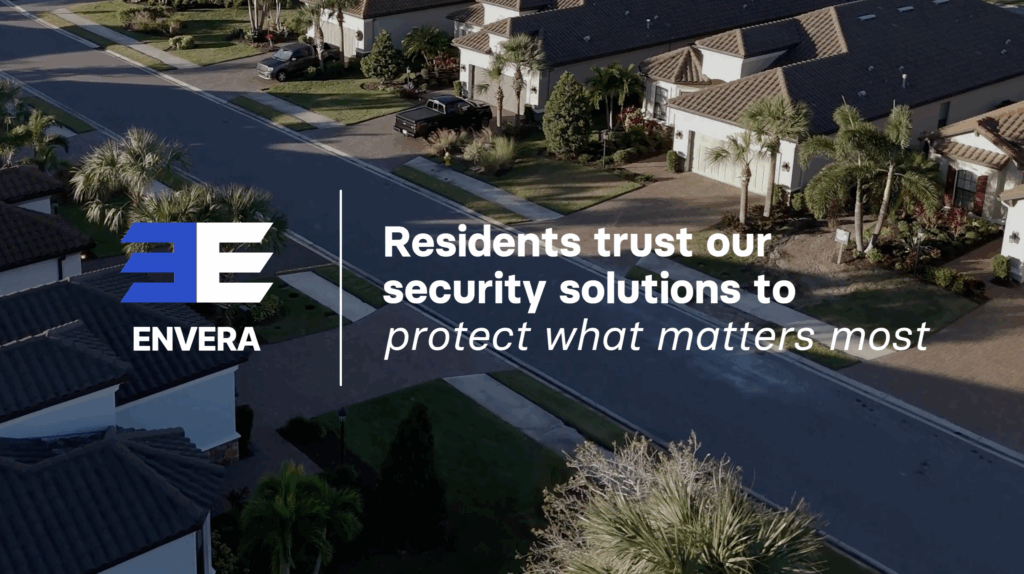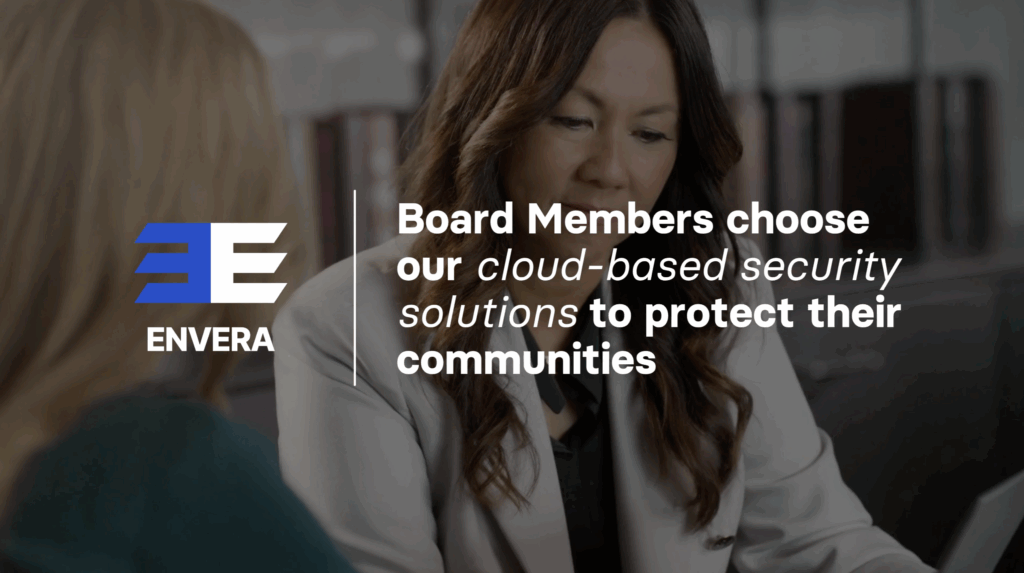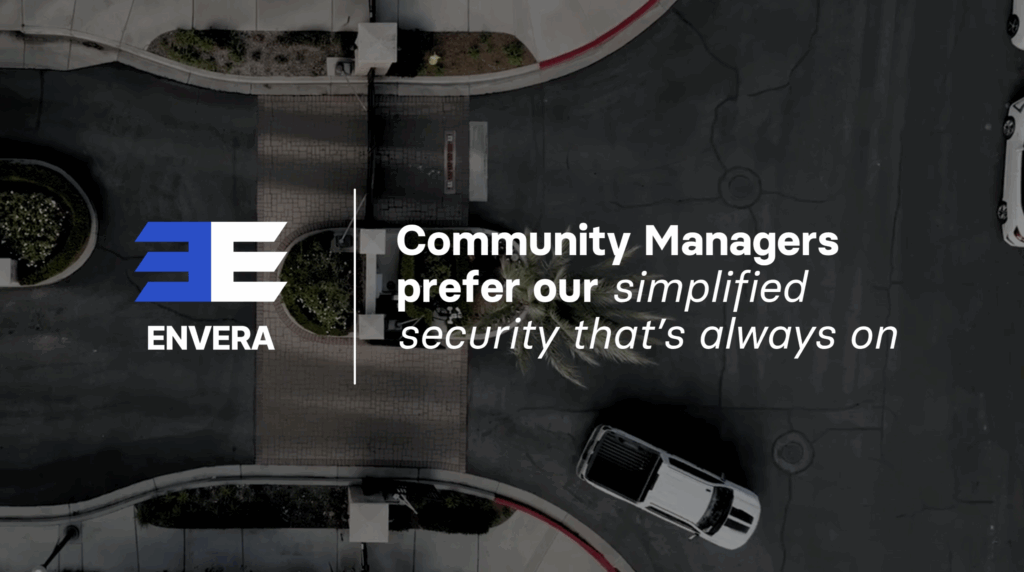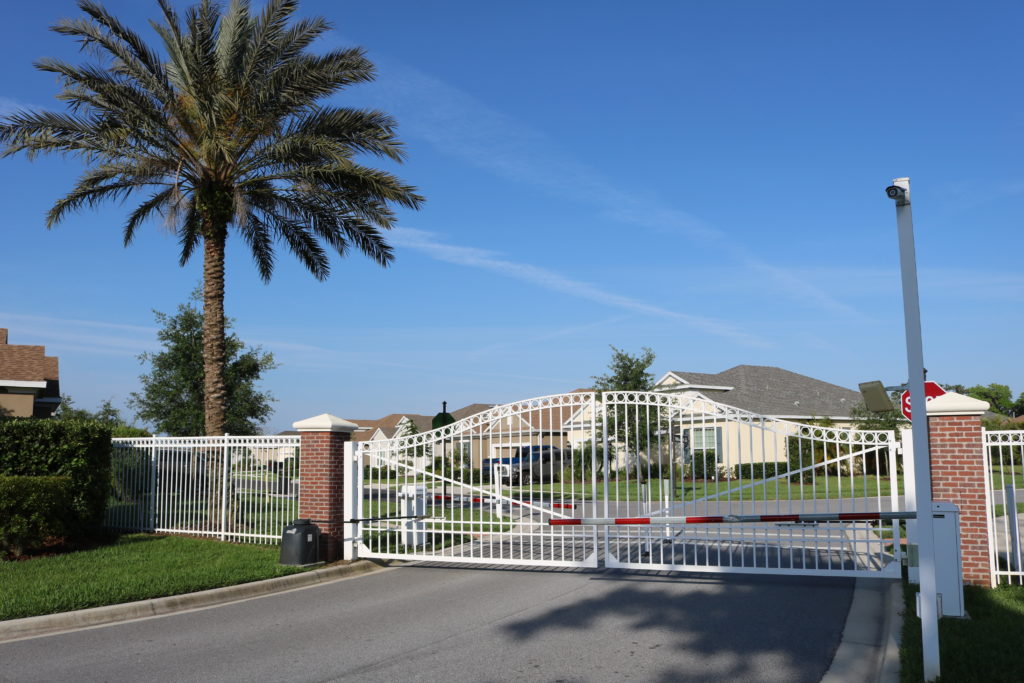Defining Community Security Through Two Careers
When it comes to community security, one might think the most challenging part is learning a system, managing a database, or finding the right service provider. It’s not that those things are always easy, but perhaps the biggest obstacle is describing what community security really is and providing the necessary education to an association.
It starts with, “People mix the two words, ‘security’ and ‘access.’ They are separate definitions,” says Sue Ferri. Ferri is a property manager in Southwest Florida and has been since 2013. Property management is her “second career,” though. Her first career, nearly a decade long, was where she gained experience and knowledge to truly understand safety and security, more so than most.
‘access.’ They are separate definitions,” says Sue Ferri. Ferri is a property manager in Southwest Florida and has been since 2013. Property management is her “second career,” though. Her first career, nearly a decade long, was where she gained experience and knowledge to truly understand safety and security, more so than most.
In 2000, Ferri started working on the civilian side of law enforcement. She began her career in the domestic violence unit and was quickly asked to work as a crime intelligence analyst. In this position, she was investigating homicides, sex crimes, missing person, and much more. For seven years she was searching for suspects and finding answers for victims or families until, she says, “I decided it was my time to go on the road.”
Still in Southwest Florida, Ferri began overnight road patrols two cities away from where she actually lived. Working from 6:00 p.m. to 6:00 a.m. meant dealing with the “highest crime rate timeframe,” and in 2008, Ferri was injured in the line of duty. For two more years she stayed with the department, working in economic crimes involving bank fraud and credit card scams, until she decided to take time off to recoup from her injuries.
Over the course of three years and 14 surgeries, Ferri says, “It gave me a lot of time to think.” Her dad had been (and still is) a realtor in Florida, and her mom was a property manager. She says, “I had always helped them out with stuff, but I had almost promised myself that I would never get into the business — and here I am.” In part, it was knowing the “family business,” but it was also timing and a “pure fluke” that she landed her first job in property management.
This career took off quickly. Within two weeks of starting her position, she was “handling almost everything in the Southwest Florida market,” she explains. From sales to marketing, events, training, vendor relationships, and ensuring their properties were being taken care of, Ferri was “basically a jack of all trades.”
Once Ferri started to focus on specific communities and managing those associations, her background began to play a bigger part in her role as property manager, but not right away. “In the beginning I would say, ‘no’ because I wasn’t big on letting people know I was in law enforcement. Unfortunately, stigma doesn’t always allow for that to be an agreeable subject,” she says. Instead, she would focus on building a relationship with her property until she felt she was able to say, “Well, this is what I used to do for a living, and what you have isn’t good.”
In her property management experience, the topic of community security often arises as a “teachable moment,” meaning an incident has occurred that may have been prevented. Although it’s not typically what a person wants to discuss in the moment, Ferri approaches it with a different perspective.
"Communities don't want to hear that they are not 100 percent protected, and that's emotions talking, but I have to focus on the facts. Although I am empathetic to those situations, having dealt with victims, I also have to be realistic because I don't want something to happen again...that could possibly be deterred or not as bad."
Sue Ferri
 In addition to resolving incidents after the fact, Ferri frequently discusses the need for access management solutions or other systems when community members question why a certain security method is in place. “It’s all about perception…You’re deterring it from possibly happening. It’s also protection of your assets. When someone causes damage in an association, that individual is stealing from your asset.” Furthermore, the association’s liability goes down and there are insurance benefits simply for being a more secure community.
In addition to resolving incidents after the fact, Ferri frequently discusses the need for access management solutions or other systems when community members question why a certain security method is in place. “It’s all about perception…You’re deterring it from possibly happening. It’s also protection of your assets. When someone causes damage in an association, that individual is stealing from your asset.” Furthermore, the association’s liability goes down and there are insurance benefits simply for being a more secure community.
Communication is key to helping the board and residents understand how a system works or what it does, and Ferri says there is “no such thing as overcommunicating with an association.” How something is communicated is just as important, though, especially on this topic. “The more you use the wrong words in the wrong way, it gives a false send of security to everyone,” Ferri says. Sometimes explaining the difference between security and access management upsets the listener, but Ferri says, “I’m fine with that,” because that information is still shared with others.
So how does a community know what security system or access control method is best? First, it’s recognizing that “no one solution fits all. It’s trial and error.” Also, “you don’t need to go full spectrum all at once. You can break it down,” Ferry says. While she may have a background in law enforcement, she says her real strength is seeing “outside the box” and looking for solutions to a problem before it ever starts.
Engaging with people in the association helps a manager to learn and understand the backgrounds of other community members and their areas of expertise. It also helps her learn more about what the community wants, which is important when deciding on systems from the property. Some don’t need or want a gate or the systems necessary to manage access at an entrance, while others are on the other end of the spectrum.
"When people want to feel secure, they will pay to feel secure. You can never put enough money into ensuring you feel secure...but just because it makes you feel comfortable doesn't mean it's safe."
Sue Ferri
One of the best parts in finding a solution is sharing that information with another community. While your community may go through a rigorous trial and error process, Ferri has seen the success stories get shared from one community to another, saving other associations’ time and resources. Ferri says there is a bigger issue, “and it’s sad that managers between management companies don’t talk. I think that’s a big failure to managers and associations. Stay true to who you are with, but that doesn’t mean the industry best practices shouldn’t be spoken about. It makes all of our jobs easier.”
It’s no secret that property management is not an easy position. Most do not see the responsibilities, discussions, and business relationships in the background that keep things moving, and no one “goes into property management to work in security,” Ferri says. While that’s certainly become part of her job, allowing her to educate community members, the biggest rewards come from solving all types of problems for an association. “I think that goes back to my law enforcement experience, giving closure to a victim or family. When there is something that has bothered a community for so long and I have finally helped, that’s what makes me feel like I’m giving back to the position. Nothing can give me the same satisfaction I had when I was a cop…but that’s the next thing with this career that fulfills that cup.”
You can read the original article and complete issue here.
To download the article, click here.
